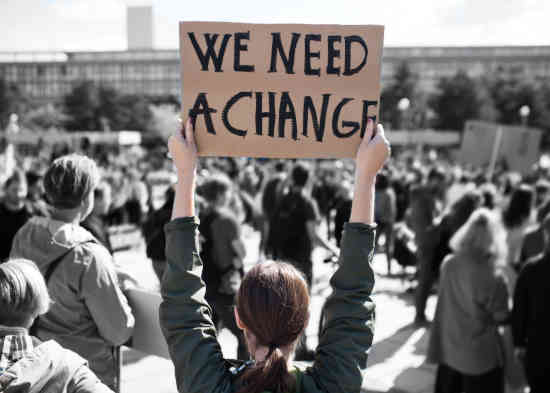Anglophobia, the prejudice or hostility towards English culture, heritage, or people, is one manifestation that exists in everyday life. Discrimination often takes on subtle forms that can be seen in the news, the media and on the high street.
While Anglophobia may not always attract the same level of attention as other forms of discrimination. Even so, Anglophobia poses significant challenges for individuals of English descent in their interactions outside of work.

The Scope of Anglophobia
Anglophobia, though less recognised than other forms of discrimination, is nonetheless pervasive in society. It manifests in various ways, from casual stereotyping and cultural insensitivity to outright hostility and exclusion. This discrimination is sometimes fueled by historical tensions, geopolitical conflicts, or ingrained prejudices perpetuated by media and popular culture.
Stereotyping and Prejudice
Individuals may encounter casual stereotyping and prejudice that hide deeper biases towards the English and their cultural heritage.
Assumptions made about English accents or mannerisms can reinforce negative stereotypes. Jokes, while seemingly innocuous comments can marginalise people based on their cultural identity.
Microaggressions may seem harmless on the surface, but they contribute to a culture of exclusion. This can erode a sense of belonging and acceptance.
Cultural Insensitivity
Anglophobia can also manifest in cultural insensitivity or ignorance. Such as suggesting that their is no such thing as English culture.
British contributions to global arts, literature, and innovation may be belittled or dismissed. This further marginalising individuals and undermining their cultural heritage.
English culture may also be fetishised or romanticised as “quaint” or “charming.” This reduces individuals to caricatures, overlooking them as unique individuals.
Hostility and Exclusion
In the extreme, Anglophobia can manifest in overt hostility and exclusion. Individuals may face verbal abuse based on their nationality or background.
They may be denied opportunities or treated as outsiders in their own communities for expressing their national identity. This can lead to individuals facing barriers to social integration.
Such experiences can have profound psychological and emotional effects, eroding self-esteem and perpetuating feelings of alienation and isolation.
Racial and Ethnic Profiling
Anglophobia, like any form of prejudice or discrimination, can contribute to harm against individuals, including the use of terms such as “White privilege.” When individuals harbor biases against British people solely based on their race or nationality, it can give a misguided perception that all British people automatically benefit from societal advantages solely because of their ethnicity.
Profiling individuals overlooks the diversity within British society and the various socio-economic backgrounds faced by individuals regardless of their race. Linking England, the English or the British to the concept of “White privilege” perpetuates stereotypes and divisions, detracting from genuine efforts to address systemic inequalities. It’s crucial to approach discussions about privilege and discrimination with nuance and sensitivity, recognising the complexities of individual experiences.
A Collective Responsibility
Anglophobia, though often overlooked, is a form of discrimination that has far-reaching consequences for individuals and society as a whole. We must recognise Anglophobia as a form of discrimination and take proactive steps to address it, and prevent it. Education and awareness-raising efforts can help challenge stereotypes and biases, fostering empathy and understanding across cultural divides. Creating inclusive spaces that celebrate diversity and promote cultural exchange helps break down barriers.
By recognising and addressing casual stereotyping, cultural insensitivity, and overt hostility, we can create a more inclusive and equitable society. Where individuals of all backgrounds are valued and respected. By embracing diversity, empathy and understanding, we take a crucial step towards building a world where discrimination has no place. Doing so gives a sense of belonging for individuals of all backgrounds.
